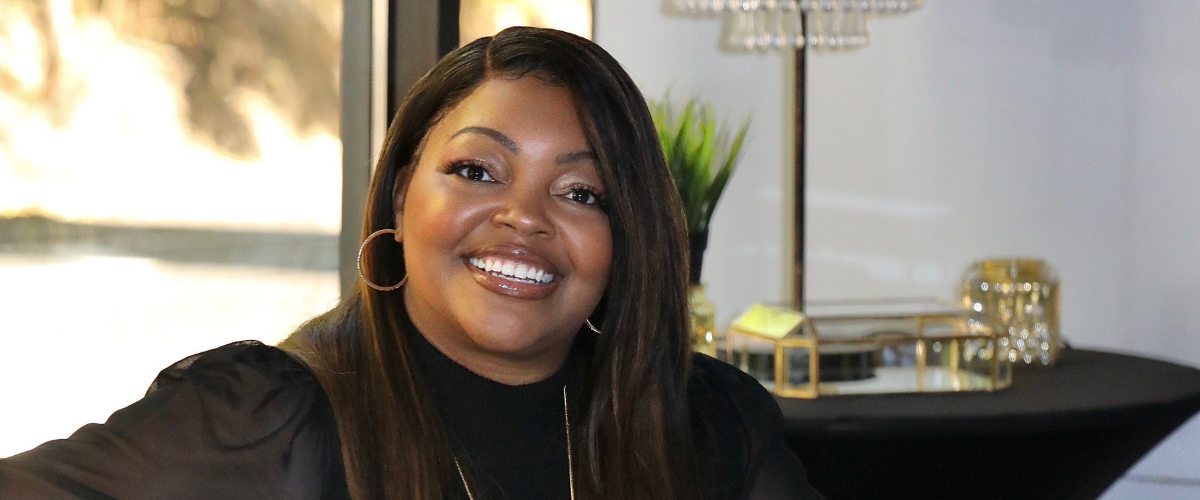Improving Inclusion in the Multifamily Housing Industry

By Chiccorra Connor, President and Founder of Occupancy Heroes Incorporated
A first-hand story of creating opportunity and enriching rental housing for all stakeholders.
When I decided to take a major role in diversity and inclusion program efforts to aid employers in reversing and replacing racist, discriminatory practices, some of my close associates were surprised. They could not understand why I would spend my time on this endeavor when my lease-up services are so much more profitable.
But profit, and really, wealth, doesn’t always take the form of monetary gain. The real estate industry has been my whole life. Generations of my family have and continue to work in the field, from my grandparents to my own children. My husband is a contractor within the industry. My parents were in property management. My siblings all operate within the multifamily housing industry. I embraced a career in rental housing, too.
From the start, my aim has been to create opportunities and enrich the industry for all stakeholders. And the challenges the industry faced regarding diversity and inclusion were immediately apparent to me. Rare were the times that I wasn’t either the only African-American in the room or the only African- American woman in my position.
Inherent Bias & Its Impact on Hiring and Career Advancement
It should go without saying that racism in any form at any time and in any place or industry is always a problem. But what of those who don’t realize that we all have unconscious biases, and left unrecognized, have profound consequences for an organization and the industry?
It’s shocking how much I encounter both subtle and overt bias in my work—many industry employers have no idea that their approach to hiring and advancement is discriminatory. For some, until they participated in the various diversity and inclusion workshops presented by the National Apartment Association (NAA), they would’ve never thought of themselves as racist or having bias.
The thing about discrimination and lack of diversity and inclusion is that it doesn’t just hurt the people who are trying to enter the industry and advance, but it harms the industry as a whole. For example, it’s not uncommon for a less qualified individual to be chosen over someone who is far more suitable for the open position. But often, when this happens, those doing the hiring are blindly confident that they made the right decision.
These outcomes are on clear display whenever we put an organization’s hiring practices to the test. When given résumés with names, hiring managers encountering an ethnic name turned down the applicant, revealing an instant assumption that the applicant wasn’t competent. However, when these same hiring managers were given résumés without names and were forced to choose who to hire based solely on the qualifications within the document, a far greater variety of ethnicities were brought onboard—those doing the hiring even expressed excitement about these candidates despite not having seen them. Of those who had been previously turned down, 50 percent were now selected for hire.
Not only does this reveal professionals trained in résumé review and hiring practices still fall victim to inherent biases, it also indicates a re-evaluation of the adage, “Good help is hard to find.”
How Anyone Can Succeed in Multifamily
We may still be a long way from the total removal of diversity and inclusion challenges from the multifamily housing industry, but that does not mean it is impossible for a person regardless of their race, gender or any other aspect of their identity to find success within it. I’m a living testament to this; otherwise, I would not be where I am today. Make no mistake, it was not always easy for me, and it may not always be easy for you, but it is worth it.
The fact is that the multifamily housing industry presents a fantastic opportunity. Onboarding more people and increasing the diversity among all participants will increase the speed of long-needed changes. And this industry truly has the potential to change lives, even those for whom success seemed impossible.
Your success may not come through traditional routes, but it will come if you want it and insist on it, backing your desire with action. The key is to find new, creative ways to achieve success. And this is to your advantage because it helps you stand out and embrace your uniqueness. Most important, if you see something, say something. Discrimination and injustice can never be resolved if they are not first acknowledged.
We All Have a Role in Change
Complacency’s sole friend is denial, and the result of either disposition is nothing but wasted potential, broken dreams and missed opportunities. When you have greatness inside, settling for less hurts. But there is nothing like fear to put a person at the mercy of complacency, which knows no true mercy.
As an industry, we cannot afford to be complacent about issues surrounding diversity and inclusion and the changes that must be made. And the same thing goes for us as individuals. Whether you are someone in the industry who needs to reassess your approach or someone who wants to get into the industry and is afraid to try, there’s no better time to step up than now.
Chiccorra Connor, Founder and CEO of Occupancy Heroes, is recognized as the most influential woman in Charlotte, N.C., and serves on various NAA/NAAEI Committees. She was one of the 100 entrepreneurs from across the country to visit the White House in advocacy of minority entrepreneurship. In the past year, her apprenticeship program trained and employed more than 300 people. As a notable trainer, she helps owners nationwide increase revenue—even during the pandemic. Connor continues to champion affordable housing and diversity and inclusion. She can be reached at chiccorra@occupancyheroes.com.
